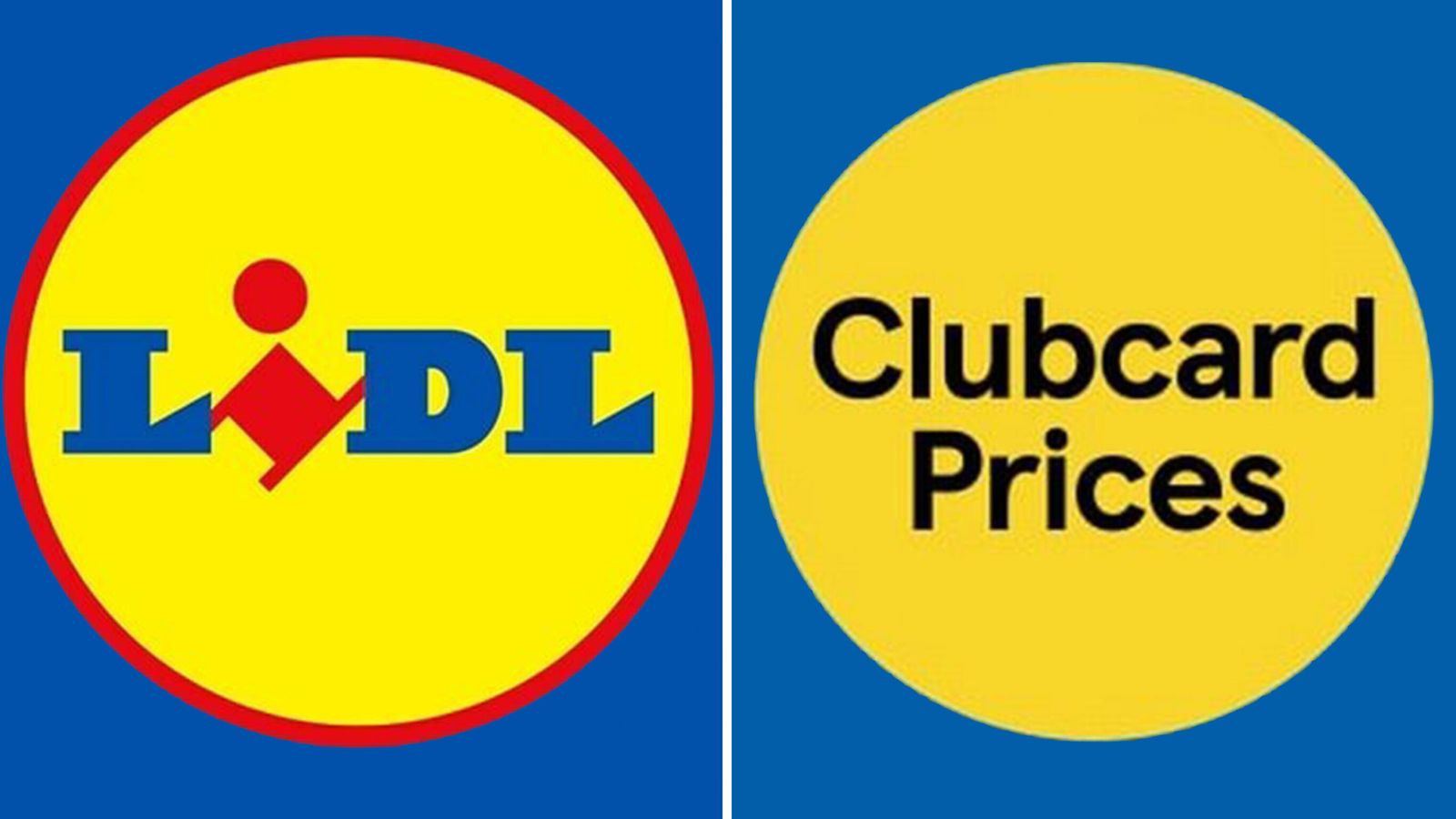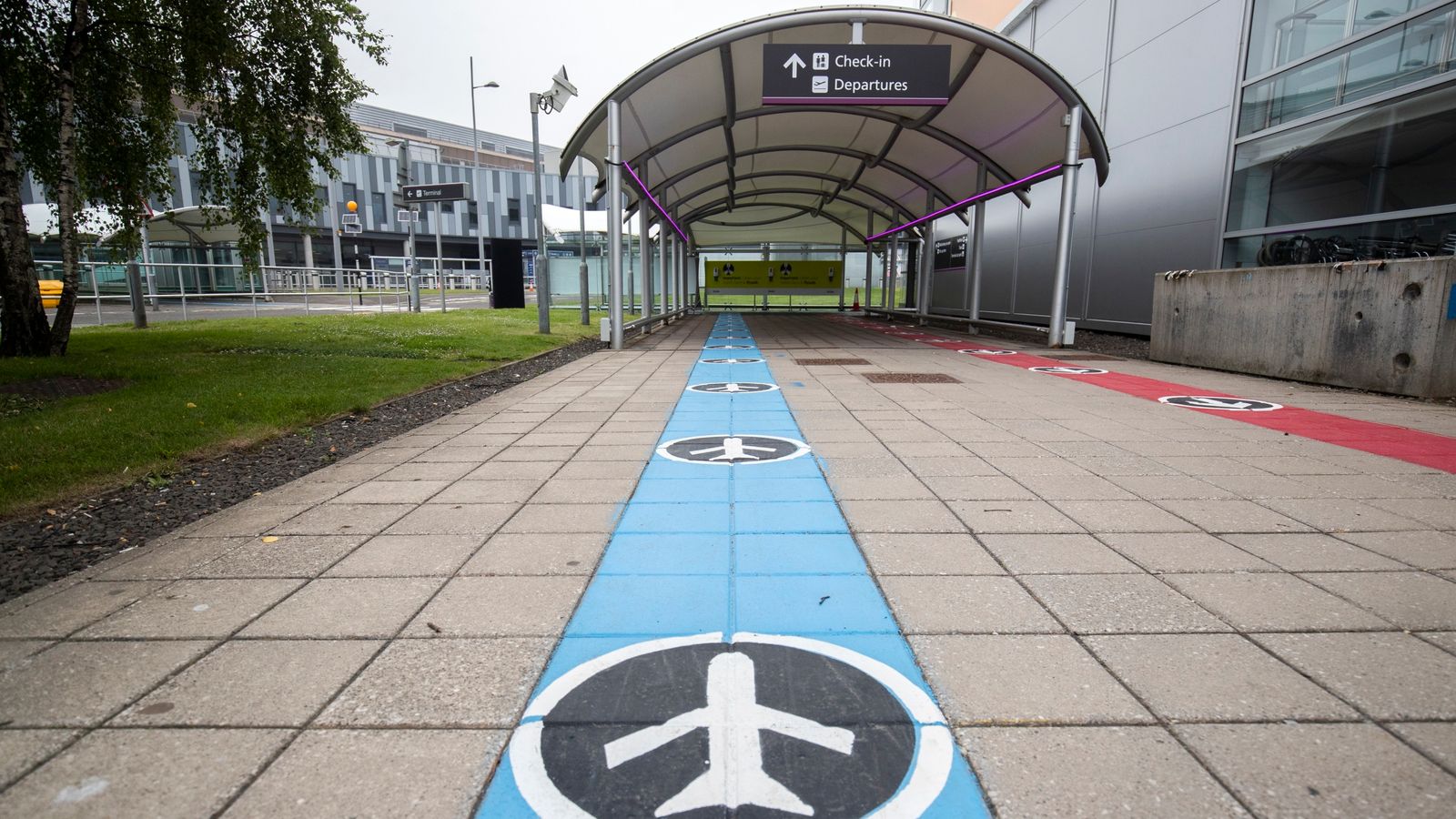Lidl has won a trademark lawsuit against grocery market leader Tesco over its use of a yellow circle in branding.
The German discount chain brought the case in 2020 shortly after its rival adopted a yellow circle against a blue background to promote its Clubcard Prices discount scheme.
Lidl has traditionally used a yellow circle on a blue background in its main logo.
Tesco’s Clubcard Price scheme is deployed in the retailer’s stores, sometimes next to specific discounted products as well as more generally to promote the scheme.
Judge Joanna Smith, sitting at the High Court, said in a written ruling that Tesco had “taken unfair advantage of the distinctive reputation” for low prices held by Lidl’s trademarks.
However, she rejected Lidl’s argument that Tesco had “the deliberate subjective intention of riding on Lidl’s coat tails”.
It marked a rare victory for the discounter over its largest rival though, like Aldi, Lidl has been eating away at the dominant market shares of the big four supermarket chains for years.
Inflation eases but still remains above 10% as food costs at 45-year high
Food prices will remain stubbornly high for a while but there is good news on inflation ahead
Cost of living news latest: UK now an outlier among major economies on inflation – and it will mean even higher interest rates
A Lidl spokesperson said of the ruling: “We are pleased that the court has agreed with us and that it will now order Tesco to stop using the Clubcard logo.”
Read more from business:
Inflation falls by less than expected as food inflation hits 45-year high
Progress made on wages for lowest paid but a ‘long way to go’ on job quality
Cassette tape sales at highest level since 2003
Tesco said it planned to appeal.
“We are surprised and disappointed by the decision today in relation to the claim brought by Lidl against our Clubcard Prices logo,” a statement said.
Charlotte Duly, head of brand protection at the law firm Charles Russell Speechlys, said the case would have cost millions of pounds
“Lidl relied on survey evidence to show consumer perception of their wordless logo,” she said.
“Tesco objected to this, and whilst undertaking a survey that complies with the requirements set down in case law can be difficult and onerous leading to an increase in costs for both parties, the survey was admitted into the proceedings.
“Lidl has won as the court agrees that Tesco has taken unfair advantage of the reputation in Lidl’s logos, even if this was not deliberate – a landmark decision between two major brands.
“From both a general interest perspective and a legal point of view, there are a number of very interesting issues raised in this case and it will be interesting to see whether this judgment triggers more cases of this kind.”






